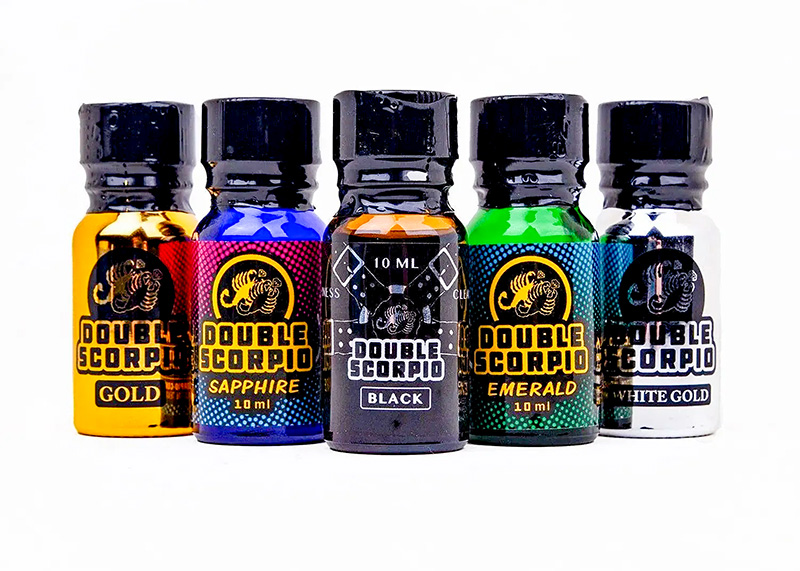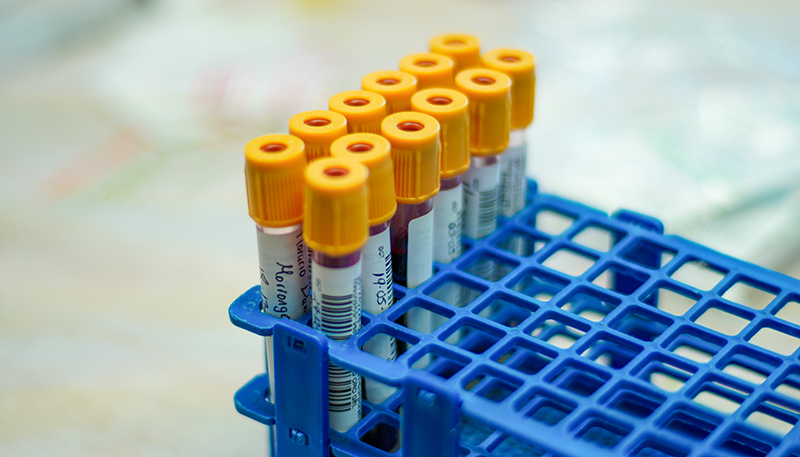Health insurance must cover all costs associated with PrEP, Biden administration orders
Department of Labor guidance instructs insurers to remove all costs associated with PrEP, including lab tests and clinic visits

The Biden administration has ordered health insurers to cover all costs associated with pre-exposure prophylaxis, also known as PrEP.
A once-daily pill, PrEP uses antiretroviral treatments for HIV to prevent an HIV-negative person from contracting the virus. It reduces the risk of transmission during sex by around 99%, according to the CDC.
The Department of Labor order means that insured individuals accessing the drug — sold under the brand names Truvada and Descovy — will face no copays, deductibles, or additional costs associated with PrEP.
That includes the lab tests and quarterly clinic visits necessary in order to “monitor patients taking the medication to ensure its safe, ongoing use,” per the guidance.
Insurers have 60 days to classify PrEP as a zero-cost preventative drug. Should they fail to comply, insurers will contravene the Biden administration’s interpretation of the Affordable Care Act, which requires healthcare plans to cover all costs of certain preventative drugs and services.
While the guidance mandates that PrEP and associated services must be cost-free, it doesn’t require insurers to cover Truvada or Descovy, with generic alternatives allowed unless “a particular PrEP medication (generic or brand name) would be medically inappropriate,” the guidance states.
The Biden administration’s new guidance comes just months after insurers were required to remove out-of-pocket fees for PrEP by Jan. 1, 2021, NBC News reports.
By removing the financial burden of lab tests and clinic visits, the new guidance “will reduce barriers to PrEP and help prevent further HIV infections while advancing efforts to end HIV in the United States,” Carl Schmid, executive director of the HIV + Hepatitis Policy Institute, said in a statement.
“It seems that insurers responded to our earlier analysis,” Schmid continued. “However, now we must ensure all are fully complying with their legal requirements, including those spelled out in the new guidance, and federal and state regulators enforce them.”
Jim Pickett, senior director of prevention advocacy and gay men’s health at AIDS Foundation Chicago, told NBC News that the release of the guidance made him “jump for joy.”
“This has the potential to wipe out many of the access obstacles we face with PrEP provision,” he said. “I look forward to radical improvements in PrEP access, particularly for the communities who are most vulnerable to HIV.”
While once-daily PrEP has proven highly effective at reducing the risk of transmission of HIV, new forms are being trialed by pharmaceutical companies which could reduce the pill dosage to once every month, or an injection once every two months.
Merck recently announced that its once-monthly PrEP pill had proven to be “extremely potent” in second phase trials and said it was “probably a little more forgiving” than daily PrEP because of its long-lasting nature and once-monthly requirement.
Last year, GlaxoSmithKline announced that its injectable PrEP treatment — administered every two months — was more effective at reducing the risk of transmission of HIV than Truvada.
GSK said its injections were 69% more than once-daily PrEP, which already reduces transmission risk by around 99%, with the results so promising that clinical trials were stopped early and those who had been given Truvada offered bimonthly injections instead.
Read More:
HIV vaccine trial launched, 40 years after virus first detected
Senate confirms Shawn Skelly and Gina Ortiz Jones to top military posts in historic firsts
Federal judge blocks West Virginia’s transgender athlete ban from taking effect
Support Metro Weekly’s Journalism
These are challenging times for news organizations. And yet it’s crucial we stay active and provide vital resources and information to both our local readers and the world. So won’t you please take a moment and consider supporting Metro Weekly with a membership? For as little as $5 a month, you can help ensure Metro Weekly magazine and MetroWeekly.com remain free, viable resources as we provide the best, most diverse, culturally-resonant LGBTQ coverage in both the D.C. region and around the world. Memberships come with exclusive perks and discounts, your own personal digital delivery of each week’s magazine (and an archive), access to our Member's Lounge when it launches this fall, and exclusive members-only items like Metro Weekly Membership Mugs and Tote Bags! Check out all our membership levels here and please join us today!






















You must be logged in to post a comment.